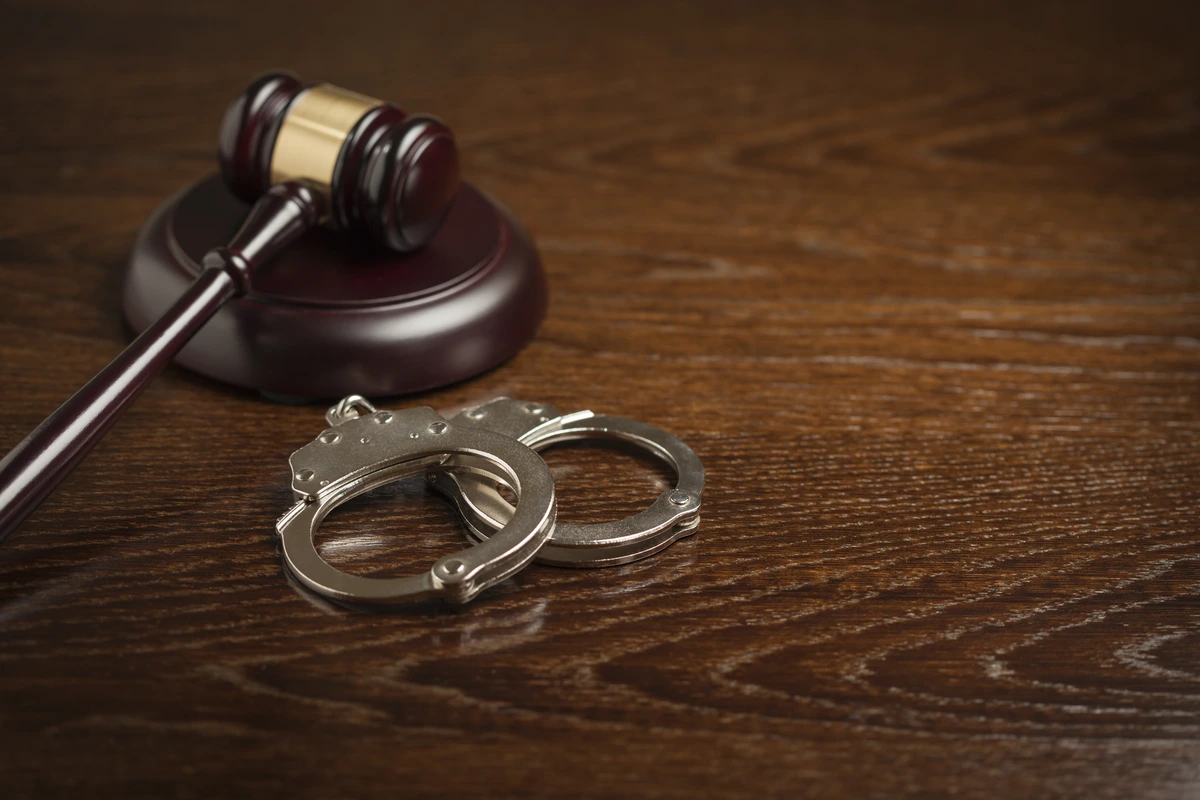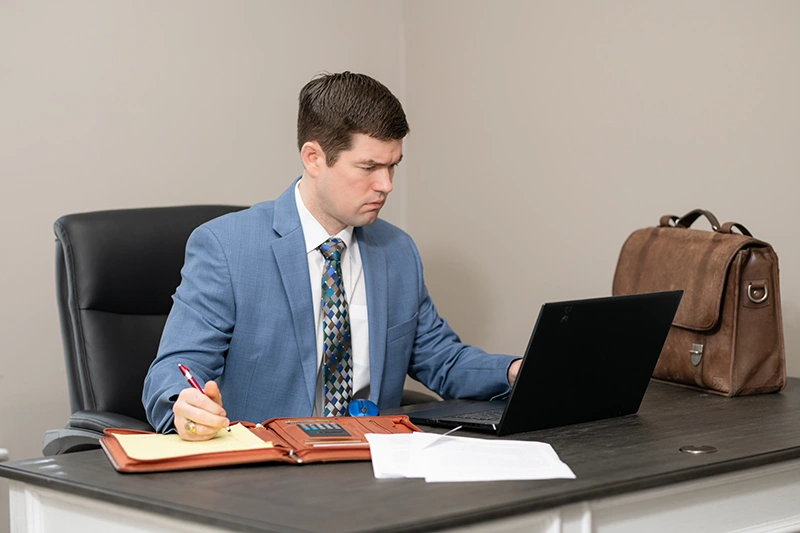The charge of burglary in South Carolina refers to entering someone else’s property without their permission and with the intention of committing a crime. For example, breaking into someone else’s home with the intention of stealing something is burglary. Burglary is a felony, and when aggravating factors apply, the legal consequences are all the more serious. If you’re facing a burglary charge, you need the trusted legal counsel of an experienced Florence criminal defense attorney on your side.
Basic Burglary Charges
Burglary charges in South Carolina can be broken down into three basic categories.
Burglary in the Third Degree
Burglary in the third degree refers to burgling a building – rather than someone’s home, which is a dwelling – when there are no aggravating circumstances. Since there are no aggravating circumstances, the charge is always nonviolent. A first offense is a Class F felony, which carries a prison sentence of up to five years.
Burglary in the Second Degree
Second-degree burglary charges break down further into violent and nonviolent charges. For the charge of nonviolent second-degree burglary to apply, the offender must have burgled a dwelling – or someone’s home – rather than a building. No aggravating circumstances, however, can apply. The charge is a Class E felony, and a conviction carries up to 10 years in prison.
When the second-degree burglary charge is classified as violent, the accused must have burgled a building – not a dwelling – and one of the following aggravating circumstances must apply:
- Either the defendant or someone else who was participating in the crime was armed with either a deadly weapon or an explosive.
- Either the defendant or someone else who was participating in the crime caused a victim to suffer physical injury.
- Either the defendant or someone else who was participating in the crime used or threatened to use a dangerous instrument.
- Either the defendant or someone else who was participating in the crime displayed a knife or firearm or what appeared to be a knife or firearm.
Having at least two prior burglary convictions or entering the building and remaining in it at night also suffices. The charge is a Class D felony, which carries up to 15 years in prison.
Burglary in the First Degree
First-degree burglary is always a violent crime, and it refers to burgling a place where people live – or a dwelling – when at least one of the following conditions applies to either the accused or to someone else involved in the crime:
- They were armed with a deadly weapon or explosive.
- They caused a victim to suffer physical injury.
- They used or threatened to use a dangerous instrument.
- They displayed a knife or firearm or what appeared to be a knife or firearm.
Burglarizing and remaining in the building at night or having two prior convictions on one’s record also suffices. This charge falls in the exempt category, which means a specific felony classification doesn’t apply. Instead, the charge carries at least a 15-year prison sentence, which can extend all the way to life under very serious circumstances.
An Experienced Florence, South Carolina, Burglary Attorney Can Help
Matthew Swilley at Swilley Law Firm, LLC, is a dedicated Florence burglary defense attorney who is committed to fiercely advocating on behalf of your rights and in focused pursuit of your case’s optimal outcome. Learn more by contacting us online or calling us at 843-250-3632 for more information today.











